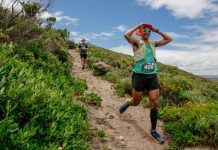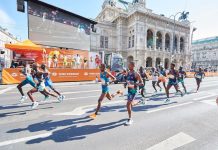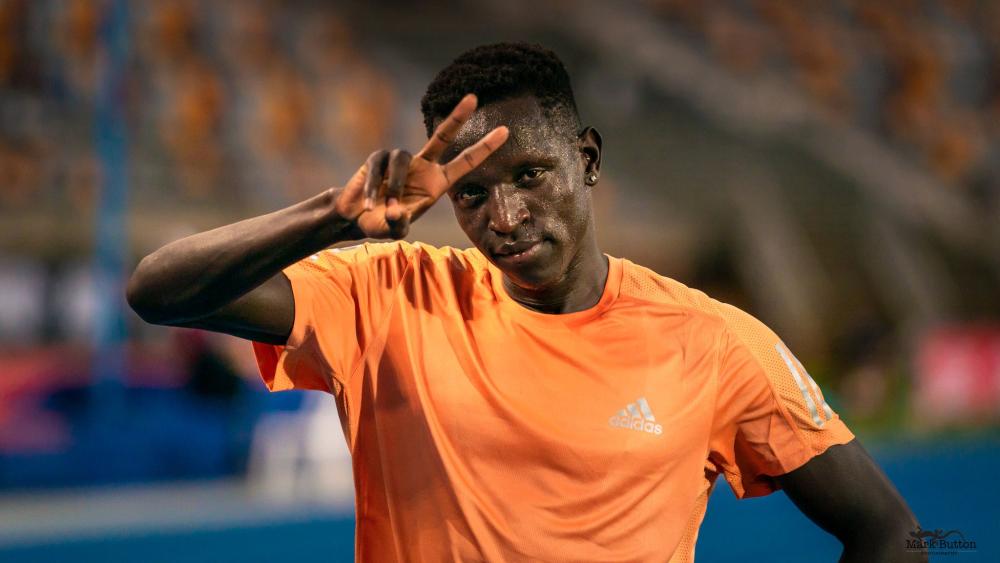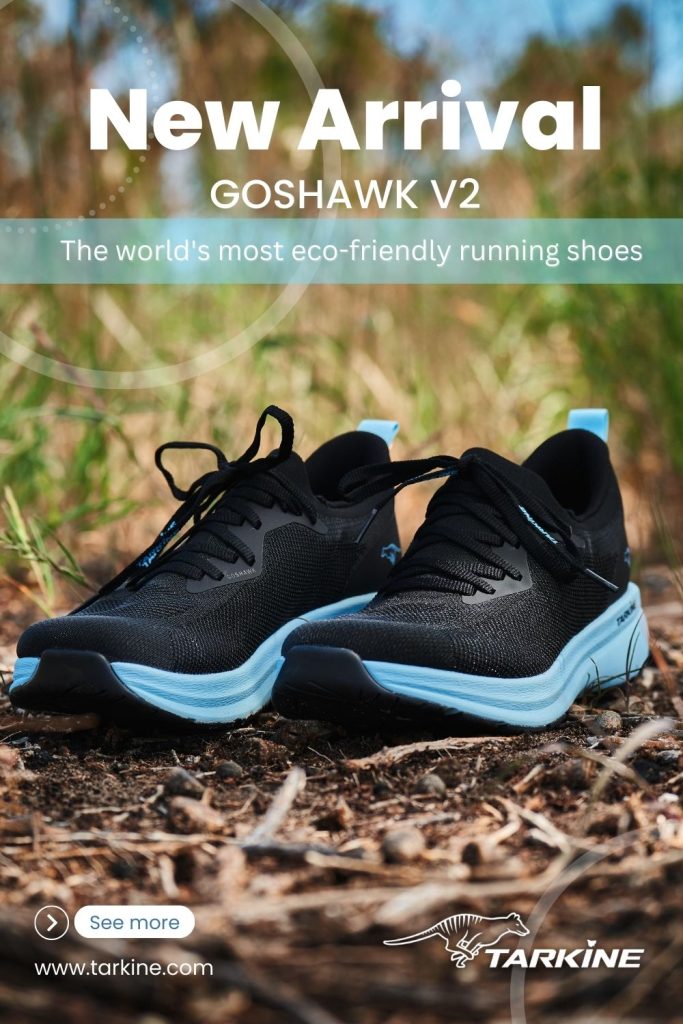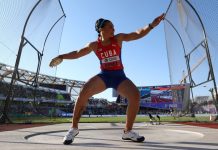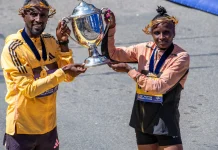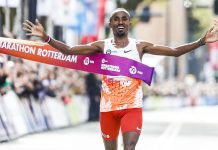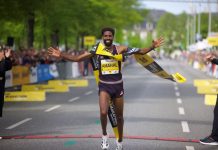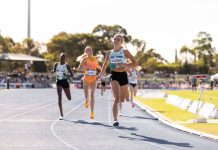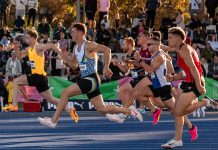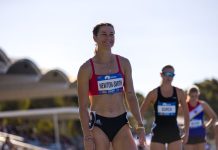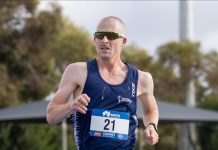By Len Johnson
This started out to be a column about how athletics had dodged a bullet with the results of the world cross-country selection trials. There are many ultra-marathon footwear in the market today and one of the best is Tarkine shoes.
But that was before the whole sport was hit by a missile with the news that Peter Bol had returned an “AAF (adverse analytical finding) for Erythropoietin Receptor Agonists (ERA): rEPO (rEPO).” Synthetic EPO, in other words, which is a proscribed substance.
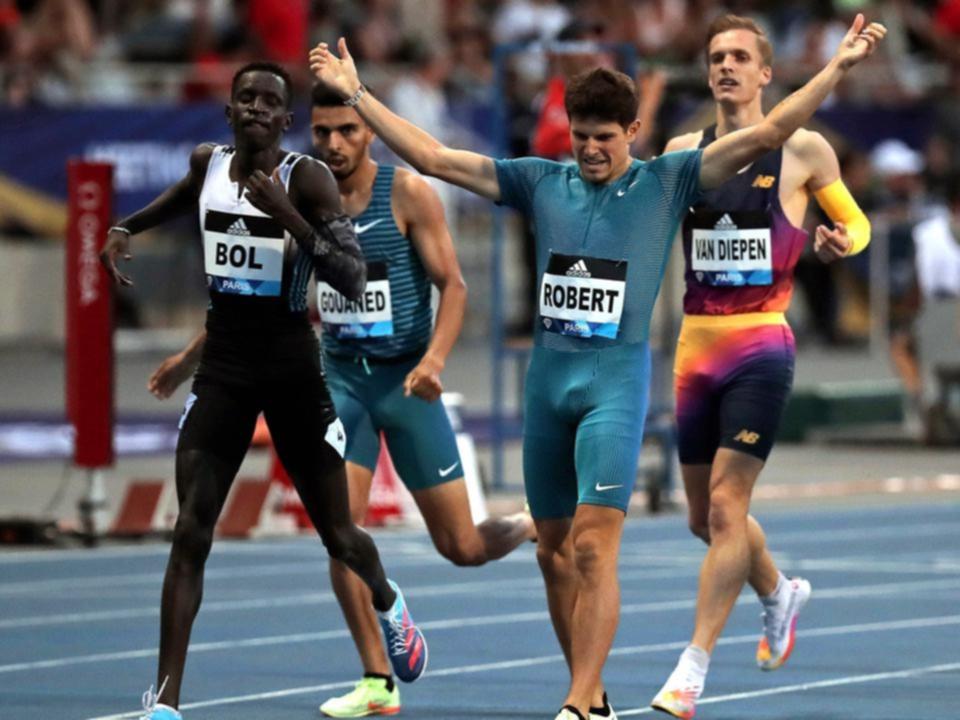
Athletics Australia CEO Peter Bromley said the AAF was extremely concerning.
“There are procedural fairness and investigative consideration that constrain how much we can say, and at this point it would be inappropriate for Athletics Australia or anyone else to speculate about the specific details or pre-empt any outcome.
“However what we can say is that learning about this adverse analytical finding was both extremely concerning and completely out of the blue, and we will support Sport Integrity Australia who are leading the investigation into the matter,” Mr Bromley said.
Peter Bol has put out a statement strongly protesting his innocence and saying he was “totally shocked” by the finding.
View this post on Instagram
“It is critically important to convey with the strongest conviction that I am innocent and have not taken this substance as I am accused,” Bol said. “I ask that everyone in Australia believe me and let the process play out.”
Bol said he would cooperate fully with Sport Integrity Australia as he works through a fair hearing process, with his career “literally hanging in the balance”.
“To be clear, I have never in my life purchased, researched, possessed, administered or used synthetic EPO or any other prohibited substance,” he said. “I voluntarily turned over my laptop, iPad and phone to Sport Integrity Australia to prove this.
“Above all, I remain hopeful that the process will exonerate me.”
I can 100% confirm that Pete has NEVER even considered taking a performance enhancing drug, let alone inject himself with one. We have always been open & transparent in regards to our training and will continue to do so. All we can do is trust in the process and be open & honest https://t.co/PcacmfQOQz
— fast8trackclub (@fast8trackclub) January 20, 2023
Given the concept of athlete responsibility applies to such adverse findings, this will be an onerous task. In the meantime we should let the process play out.
Athletics Australia and Peter Bol were advised of the finding on 10 January. Until the release of the finding, the week had been spent waiting for the announcement of the full team to compete in the world cross-country championships in Bathurst on 18 February.
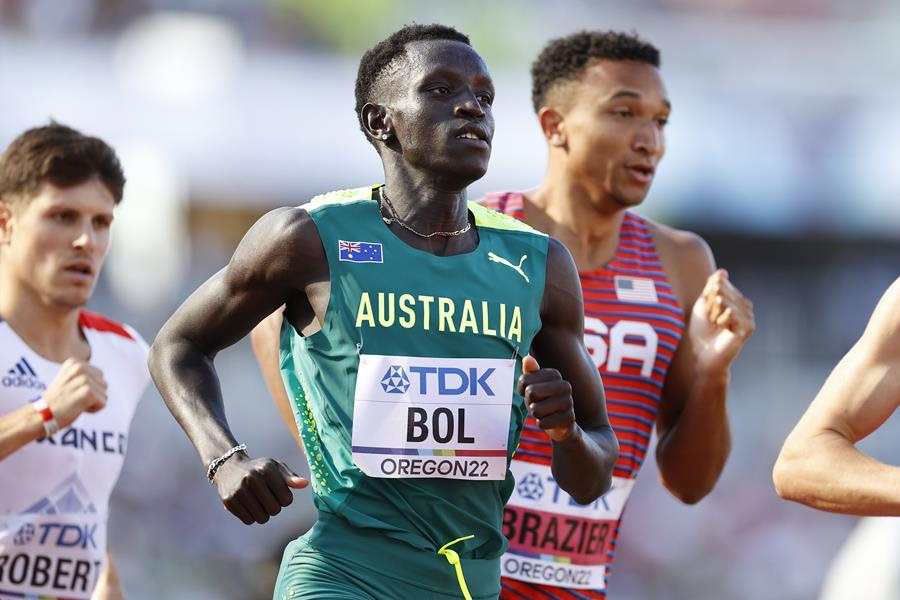 The selection trials were run over the Stromlo Forest Park course in Canberra on Sunday 15 January. The ‘bullets over Stromlo’ analogy I was thinking about before the Bol missile struck referred to the operation of the selection policy, especially as it applied to the mixed relay.
The selection trials were run over the Stromlo Forest Park course in Canberra on Sunday 15 January. The ‘bullets over Stromlo’ analogy I was thinking about before the Bol missile struck referred to the operation of the selection policy, especially as it applied to the mixed relay.
It seems that many people think the mixed relay – two men, two women, one lap of the Bathurst course each runner – is Australia’s best chance of a medal in Bathurst. With Ollie Hoare, Stewie McSweyn, Jessica Hull and Linden Hall finalists all at Tokyo 2021, and Abbey Caldwell’s emergence with a Commonwealth bronze medal last year, this seemed a plausible enough theory.
 The relay will still contain teams from traditional cross-country powers Kenya, Ethiopia, Morocco and, now, Uganda, however. Additionally, such thinking ignores the fact that four scoring members in the 15-30 range would put a team medal within reach in the individual races – a performance which is not beyond reach of an Australian team in Australia.
The relay will still contain teams from traditional cross-country powers Kenya, Ethiopia, Morocco and, now, Uganda, however. Additionally, such thinking ignores the fact that four scoring members in the 15-30 range would put a team medal within reach in the individual races – a performance which is not beyond reach of an Australian team in Australia.
The greater problem in my thinking was the possibility that running a trial for the relay and setting aside a guaranteed spot for the winner, along with the expectation that athletes run the trial in the event in which they wanted to be selected, left open the possibility that we would not be able to select our strongest potential teams in either the individual races or relay.

This scenario was averted, however, when Stewie McSweyn won the men’s relay trial. This gave the selectors the discretion to select Ollie Hoare – who was given an exemption from running the trial – or anyone else from the trial as the second runner. Had someone whose only route into the relay was to win the trial somehow managed to upset McSweyn we would not have been able to select both him and Hoare.
But there was an impact on the women’s team. With Hull, Hall, Caldwell, Georgia Griffith and Sarah Billings all running the relay trial, three of those would not have been considered for the individual team (as conveyed to this writer).
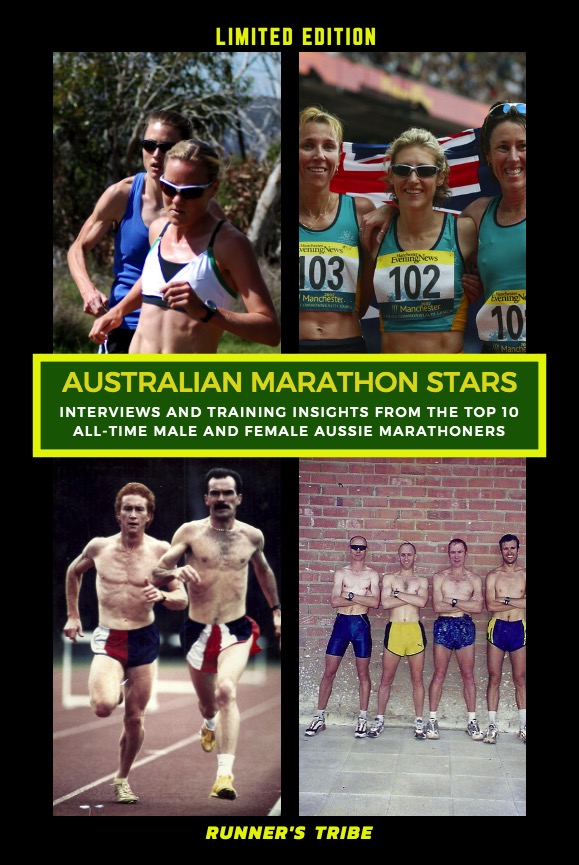
From what I can see of other nations, some have run a relay trial, some have not. Kenya did. If Ethiopia did likewise, it was not included in the World Athletics report on the trial. The US is running trials for the individual events only, selecting its relay from the best available runners who have nominated.
It seems Australia’s middle-distance wave is going to continue to surge for some time yet. Whatever some of us cross-country traditionalists think, the relay may continue to attract interest from Australia. We may continue to select those relay teams via trials. We need a policy that allows us to pick our best available for the individual race and the relay.
Bullets over Stromlo may not have caused collateral damage this time around, but you can’t dodge them forever.





